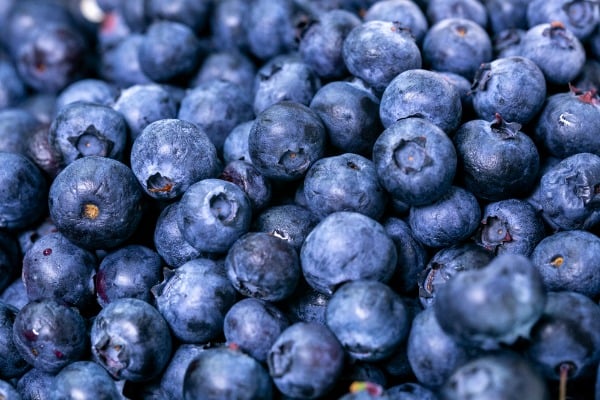New research shows that plant-based dog foods provide most essential nutrients pets need, falling short only on iodine and B vitamins—deficiencies that can be easily addressed through supplements or improved formulations.
A recent analysis from the University of Nottingham examined 31 dry dog foods sold in the UK, including meat-based, plant-based, and specialized veterinary options. Their surprising finding: none of the foods—regardless of protein source—fully met all nutritional guidelines, despite being labeled as “complete.”
“As long as they’re getting all of the essential nutrients from those ingredients, then the dogs are going to thrive,” says Rebecca Brociek, lead researcher at the University of Nottingham.
The study showed that both plant and meat-based kibbles contained acceptable amounts of protein, fatty acids, and essential amino acids—challenging the common belief that dogs require meat to meet their protein needs. Dogs, like humans, are omnivores that require specific nutrients rather than specific ingredients.
The main nutritional gaps in plant-based foods centered around iodine and B vitamins. Dogs with vitamin B deficiencies can develop skin problems, nerve issues, and digestive troubles. These shortfalls, however, are relatively easy to address through targeted supplementation.
“Our study found that plant-based diets, when properly formulated, can be a healthy and viable alternative to meat-based options,” Brociek noted. She added that long-term feeding studies should be the next research step.
The research raises questions about quality control across the pet food industry. Despite packaging claims of “nutritionally complete” formulations, independent testing found compliance rates were just 55% for amino acids, 16% for minerals, 24% for B vitamins, and 100% for vitamin D.
“Consumers are expecting that if products are labeled as being nutritionally sound, that will be true, but clearly it’s not true,” says Andrew Knight of Murdoch University in Australia, highlighting the gap between consumer expectations and reality.
Similar Posts
Veterinary experts still urge caution. Lucia Casini from the University of Pisa warns against homemade plant-based diets, emphasizing that commercial options with proper supplementation are safer. The British Veterinary Association says dogs can be fed a plant-based diet if all nutritional needs are met, but practical challenges remain.
The growing interest in plant-based pet food mirrors the rise in human veganism. In the UK alone, the number of vegans quadrupled between 2014 and 2019, from 150,000 to 600,000. Researchers note an ethical dilemma for vegan pet owners about feeding animal products to their pets.
Environmental considerations also play a role in the shift toward plant-based pet foods. Gregory Okin, a UCLA geographer, estimated that U.S. dogs and cats account for 25–30% of the environmental impact of U.S. meat consumption.
For pet owners considering a dietary switch, experts recommend consulting with veterinarians first. While well-formulated plant-based options can work for adult dogs, special attention must be paid to puppies and breeding dogs, whose nutritional needs differ.
The bottom line: properly formulated plant-based dog foods appear nutritionally comparable to meat-based options for adult maintenance, requiring only targeted supplementation to address specific deficiencies.


















